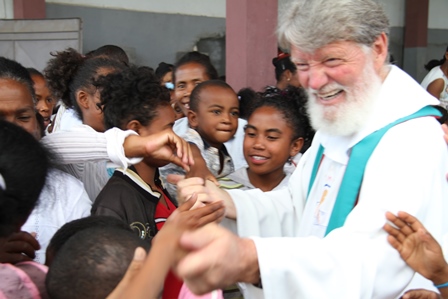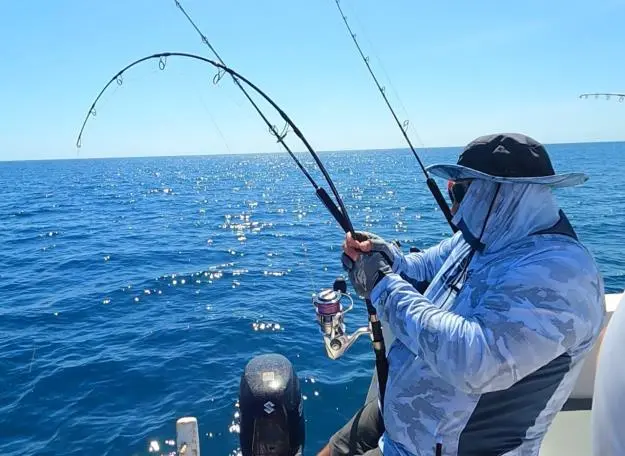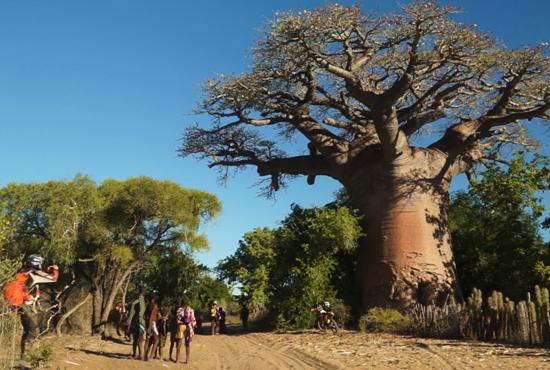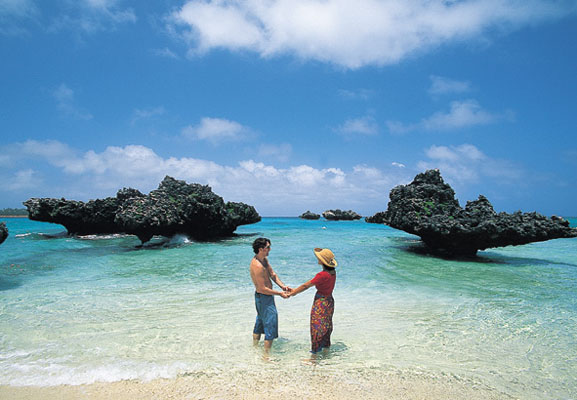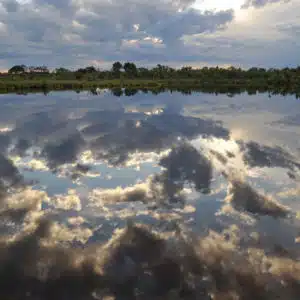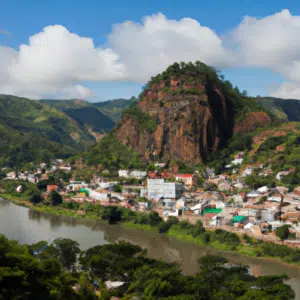Who is Father Pedro Opeka?
Pedro Opeka was born in 1948 in Buenos Aires, Argentina, and initially pursued a career as a mason. However, at the age of fifteen, Opeka became interested in faith and joined the local community of the Lazarists. This religious order is dedicated to providing help and support to the poorest of the poor. In 1960, his charitable work led him to Madagascar for the first time, where he supported the island’s poor population in building houses as a Lazarist. During his time in Madagascar, he made the decision to become a missionary. Father Pedro decided to dedicate his life fully to the church and the people of the island. After completing his theology studies in Paris, he was assigned to a small parish in Vangaindrano, Madagascar. Due to his outstanding work and great compassion, he was appointed as the head of the seminary in the capital city of Antananarivo in 1989. With this new responsibility, Father Pedro also intensified his efforts in the fight against poverty in Madagascar. Witnessing the often inhumane conditions in which many people live on the island, he was filled with zeal and a desire to help. In his missionary work, he is driven by a strong sense of duty and a willingness to assist those in need. Not only his great empathy
What he accomplished was not only due to his great empathy, but also to his exceptional craftsmanship skills. Working with the people living on the well-known garbage dumps of Antananarivo, he built houses made of solid bricks, providing many with something they had never dared to hope for: a roof over their heads.
What is Akamasoa?
Akamasoa is the humanitarian association founded by Father Pedro in 1989. Translated literally, Akamasoa means “the good friends” and according to the Vincentian motto, this aid organization was created as a community that aims to provide a future perspective for the poorest of the poor in Madagascar. Akamasoa primarily focuses on providing effective self-help assistance: the goal is to eliminate the hopelessness of people, help them with social and economic integration into society, and enable them to achieve self-determination and self-realization. The homeless. From Antananarivo, the people in need have been involved in the work and creation of their own life perspectives from the beginning: they built their future homes with their own hands and, of course, with Father Pedro’s help. The goal was not only to provide people with a roof over their heads, but also to give them work, regular meals, and their children access to education and training, showing them a way out of poverty towards a new future.
Akamasoa – A Growing Aid Project
What started as a rather ambitious project by Father Pedro has now evolved into a major project in Madagascar. The association now oversees a total of five reception centers and 17 villages
that have been established in recent years. Thousands of families have settled in these villages, with around 60 percent of the residents being children. The goal is for the villagers to learn to manage their daily lives. Living within the community means taking matters into your own hands. That’s why every person living in one of the villages is assigned a task tailored to their specific skills.
Farmers, artisans, painters, road builders, caregivers, and carpenters live and work in the villages of Akamasoa. The demand for skilled labor in these communities is high. Living in these largely self-managed villages is highly valued by the Malagasy population: often they endure the hardships and struggles of a long and exhausting journey, only to arrive completely exhausted in one of the villages. For these people, it is particularly disappointing when they can only receive emergency aid at the end of their journey and then have to leave the camp afterwards. However, an unlimited intake of new residents would not only exceed the existing capacities, but also weaken the important and very strict internal structures.
The Akamasoa association has a total of six pharmacies and a dental practice in its villages. Seven doctors and twenty-two nurses are working in the villages to ensure that epidemics, which unfortunately still occur too frequently in poorer countries due to lack of hygiene and poor medical care, are contained as quickly as possible. This was last done in 2000 when a cholera epidemic threatened the villages of Akamasoa. Learn more about our work in the villages here.
Education is the Key in Madagascar
Just like in all other countries around the world, a stable education system is the key to breaking free from poverty. In the villages of Akamasoa, there is a mandatory education system, which is understood less as an obligation, but rather as a privilege. The schools and higher education institutions in the villages are government recognized and provide children not only with crucial access to education, but also with regular, warm meals
through multiple canteens. Additionally, Akamasoa is committed to professional development through various vocational training programs. Youthful Adult lays the foundation for a way out of poverty with three vocational training centers.
Father Pedro still holds regular masses in Antananarivo, proving each time that he has not lost any of his charisma and warmth over the years.
The German Madagascar and Us Association is supporting his work.
has been in existence for 10 years, with Pater Pedro as its honorary member! The association is dedicated solely to supporting Pater Pedro and his life’s work at Akamaosa, aiming to raise awareness of this project in Germany. Every donation received is 100% forwarded to Pater Pedro. Costs for materials, etc. are covered solely by the members’ contributions, which amount to 30 euros per year.

